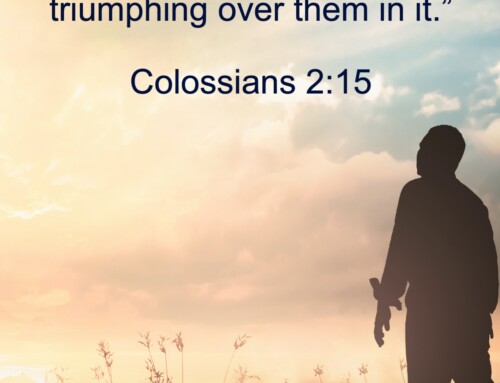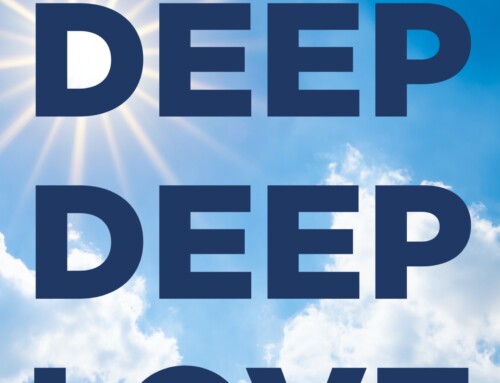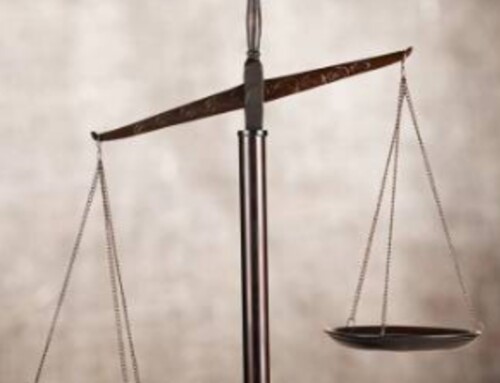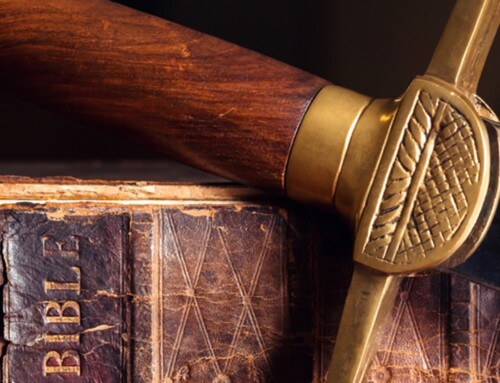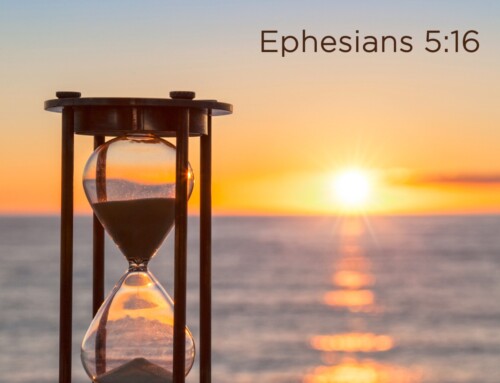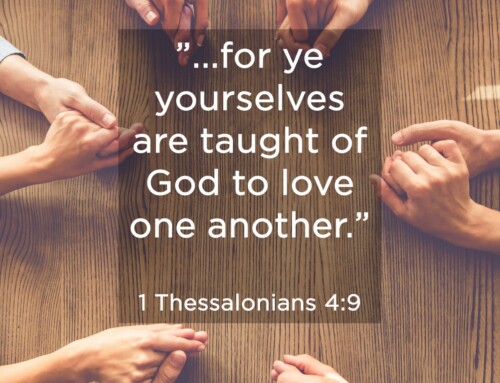Bible Reference: Daniel 3

Sometimes, God brings Bible truths to our attention in unexpected ways and in unexpected places. If we are truly desiring to “know Him”, as Paul did, He will be teaching us when we least expect it and even when we don’t have our Bibles open in front of us. I had one of those interesting encounters with Truth when I opened the cupboard in the school kitchen where the staff members keep their coffee mugs. An unusually decorated mug caught my sight, especially the slogan on it, “And if not, He is still good” with its accompanying Bible reference Daniel 3:18.
This slogan really sparked my curiosity and I went straight to my Bible to check if the statement on the mug was an actual Bible quotation. It wasn’t exactly — apart from the words “if not”, but it described well what was happening in Daniel 3 and most of all, it got me into the Word!
- Background
Daniel chapter three gives us the well-known story of Hananiah, Mishael and Azariah — better known as Shadrach, Meshach and Abednego — and their encounter with King Nebuchadnezzar’s fiery furnace. These godly young Hebrews were taken into captivity, but purposed in their hearts that they would not defile themselves by accepting the King’s meat, which came with a dark agenda: to influence the young men away from the honour of the Living and True God and accept the heathen practices of Babylon.
God blessed these young people with “knowledge and skill in all learning and understanding” (Dan.1:17). In fact, they were “ten times better than all the magicians and astrologers that were in all [Nebuchadnezzar’s] realm” (Dan.1:20).
The Lord honoured their desire to be faithful to Him by causing them to be chosen by the King to be “over the affairs of the province of Babylon” (Dan.2:49) and the King “made Daniel a great man, and gave him many great gifts…” (Dan.2:48). So by this, we see that God honoured their faithful stand.
In his great pride, however, Nebuchadnezzar decided to make a massive golden image and,he expected everyone to “fall down and worship the golden image” that he had set up when the music played — “all kinds of music” (Dan.3:15). The punishment for non-compliance was going to be immediate destruction in the “midst of a burning fiery furnace” (Dan.3:6).
Even though the three men held a position of authority, the king was furious when certain Jews noticed that that they did not comply. Immediately, he questioned them and gave them one final warning. With the king’s warning, he asked this question: “Who is that God that shall deliver you out of my hands?” (Dan.3:15). It is their response that is of particular relevance to our study today.
“If it be so, our God whom we serve is able to deliver us from the burning fiery furnace, and he will deliver us out of thine hand, O king. But if not, be it known unto thee, O king, that we will not serve thy gods, nor worship the golden image which thou hast set up” (Dan.3:18).
Nebuchadnezzar was now so full of fury that he ordered the furnace to be heated seven times hotter. It became so hot that it consumed the most mighty men of his army whom he had chosen to bind the three and throw them into the fire.
- Lessons for life
- These men counted the honour of God more important than their own lives.
- They were willing to leave the outcome to the Lord.
- They were not willing to compromise their faith to save their lives.
- They believed God was definitely “able” to deliver them.
- Their love for God outweighed their desire to preserve Self.
- They were fully committed to the cause without wavering.
Nothing could make them bow to Nebuchadnezzar’s image – no threats, no consequence, no punishment.
Their opinion about the providence and protection of the LORD was “If it be so…but if not…” which they applied to this extremely dangerous situation. By this statement, we understand that they rested securely in the Lord’s sovereign will for their lives. If God delivered them from the furnace, God is good. And if not, God is still good. And in either situation, they believed the Lord would be fully in control and fully glorified.
This is similar to the apostle Paul’s statement: ” For to me to live is Christ, and to die is gain” (Philippians 1:21) and Esther’s statement before King Ahasuerus: “I will go in unto the King, which is not according to the law: and if I perish, I perish”(Esther 4:16).
What incredible faith! Oh for a faith that would not waver when things don’t work out for the moment the way we expected. When trouble comes in like a flood and we are overwhelmed and surprised by its unexpected presence in our lives. We prayed for good, but evil came. Faith says, at such a time, that God does all things well, despite the absence of encouraging signs right now.
Hymn writer William Bathurst was obviously considering these things when he wrote:
Oh, For a Faith that will not Shrink by William Bathurst, 1831
O for a faith that will not shrink,
Though pressed by many a foe,
That will not tremble on the brink
Of any earthly woe,
2 That will not murmur nor complain
Beneath the chast’ning rod,
But in the hour of grief or pain
Will lean upon its God.
3 A faith that shines more bright and clear
When tempests rage without,
That, when in danger, knows no fear,
In darkness feels no doubt,
4 That bears unmoved the world’s dread frown,
Nor heeds its scornful smile,
That seas of trouble cannot drown,
Nor Satan’s arts beguile,
5 A faith that keeps the narrow way
Till life’s last hour is fled
And with a pure and heav’nly ray
Lights up a dying bed.
6 Lord, give us such a faith as this,
And then, whate’er may come,
We’ll taste e’en here the hallowed bliss
Of an eternal home.
It is easy to say that God is good when things are working for us; it is more blessed to say that God is good when things are working against us. “God is good all of the time; all of the time God is good.” Just because we can’t see evidence of the Lord, doesn’t mean that He is not with us. He promises never to leave us nor forsake us; therefore, we must believe that Truth unconditionally (Hebrews 13:5).
Shadrach, Meshach, and Abednego went into the furnace believing that whatever God had planned for them in this trial –either life or death, blessing or hardship — God would deliver them. Had these servants not gone into the fire, the Lord’s marvellous, miraculous intervention would not have been witnessed by the king and all of the spectators. When Nebuchadnezzar saw the Son of God in the middle of the fire with them and the others untouched, he exclaimed, “There is no other God that can deliver after this sort.” Yes, there is no other God that can deliver US after this sort in our lives, whatever may be our present distress.
So, keep on trusting, dear friend. Do not let go. God will deliver you in His time, and will give you the grace to persevere in the meantime.



